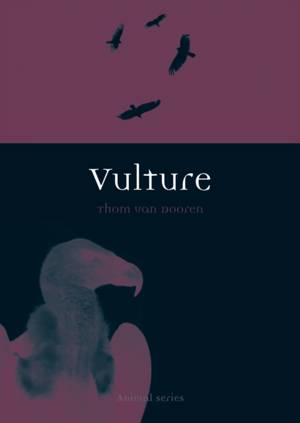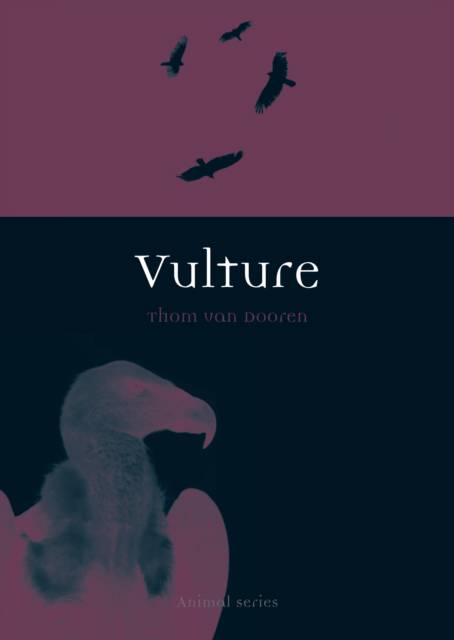
- Retrait gratuit dans votre magasin Club
- 7.000.000 titres dans notre catalogue
- Payer en toute sécurité
- Toujours un magasin près de chez vous
- Retrait gratuit dans votre magasin Club
- 7.000.0000 titres dans notre catalogue
- Payer en toute sécurité
- Toujours un magasin près de chez vous
Description
Simply because they are large scavenging birds, vultures are often viewed as harbingers of death. But, as Thom van Dooren shows in this cultural and natural history, that dominant association leaves us with a very one-dimensional understanding of a group of actually rather fascinating and diverse creatures.
Vulture offers an enlightening new history of this much-misunderstood bird. Vultures vary in type and size, and while some have a diet mainly of bone, others are actually almost completely vegetarian. Most interesting, despite its notorious association with death, the vulture very rarely, if ever, kills for itself. In different cultural mythologies, vultures play a role in disposing of the dead and officiating over human sacrifices, but they have often been viewed as courageous and noble creatures as well--believed to be indispensable in the containment of waste and disease and even to be world creators and divine mothers. Van Dooren explores these many histories, from some of the earliest-known Neolithic sites in which vultures are thought to have consumed the dead to contemporary efforts to reintroduce the bearded vulture into the Alps.
Highlighting the rich diversity of vultures and the many ways in which people have understood and lived with them, Vulture invites a new appreciation and wonder for these incredible birds.
Spécifications
Parties prenantes
- Auteur(s) :
- Editeur:
Contenu
- Nombre de pages :
- 192
- Langue:
- Anglais
- Collection :
Caractéristiques
- EAN:
- 9781861898067
- Date de parution :
- 15-06-11
- Format:
- Livre broché
- Format numérique:
- Trade paperback (VS)
- Dimensions :
- 136 mm x 190 mm
- Poids :
- 331 g

Les avis
Nous publions uniquement les avis qui respectent les conditions requises. Consultez nos conditions pour les avis.






